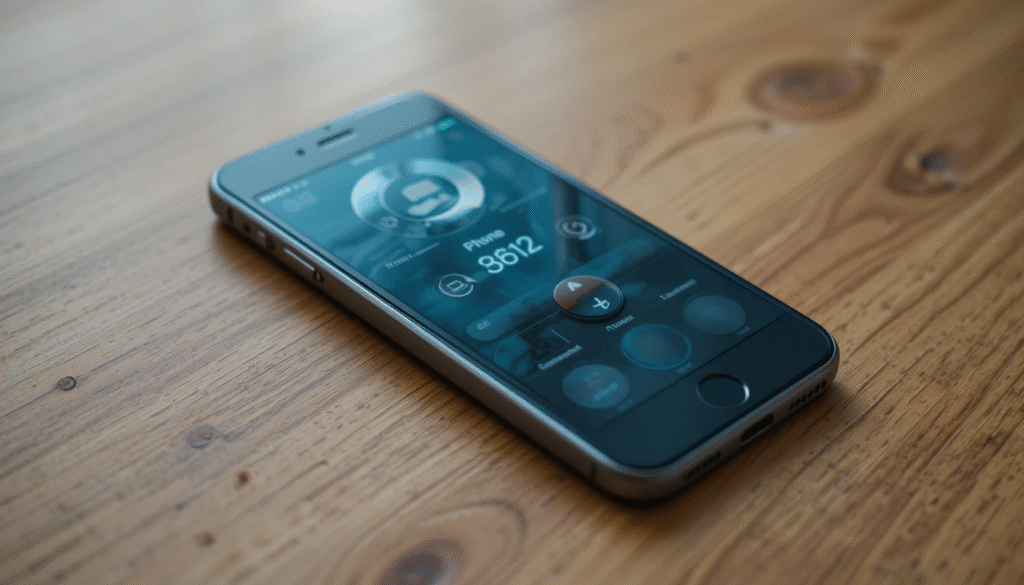In the last blog, we talked about a new emerging disorder, which is digital Dementia. Digital Dementia is the phenomenon where the increased screen time and constant connectivity play a grave role in affecting a person’s health.
In an era that is dominated by screens, notifications, and constant connectivity, Digital Dementia has emerged as a silent yet pressing cognitive health concern. Coined by neuroscientists to describe the cognitive decline, particularly in memory, attention, and concentration, caused by over-reliance on digital devices, digital dementia is no longer limited to the elderly or the tech-obsessed.
It is now affecting young adults, teenagers, and even children. But the good news is that digital dementia can be undone. The term coined by neuroscientists to describe the significant decline, particularly in memory, attention, and concentration, caused by over-reliance on digital devices, digital dementia is no longer limited to the elderly, the poor the tech-obsessed. It’s now affecting young adults, teenagers, and even children.
Let us have a look at how effectively we can get rid of the newly emerged digital dementia issue. It is possible to rewire our brains for better focus, memory, and overall cognitive resilience. Let’s explore some practical, science-backed solutions to combat this modern-day mental drain.
Digital Detox: The First Step to Recovery

One of the most effective ways to overcome the problem of Digital dementia is simply reducing screen time. By reducing your screen time, you can get rid of the blue light, which is harmful to your eyes, back, and brain’s growth. It might feel overwhelming to just stop using the phone all of a sudden, but you can start small. Set daily limits on smartphone use. Designate “no screen” zones at home, especially the bedroom and dining areas. You can even take regular breaks using the 20-20-20 rule: every 20 minutes, look at something 20 feet away for every 20 minutes, look at something 20 feet away for 20 seconds. If you are someone who works online, scheduling short, structured digital detents over weekends or during vacations can dramatically improve your brain function, creativity, and emotional well-being. Think of it as giving your brain time to breathe.
Start with Memory Training and Brain Exercises
Our brains are like muscles- they get stronger with use. With smartphones acting as our external memory drives 9think saved passwords, reminders, GPS directions), we have stopped exercising our natural memory skills. To feel in charge of your brain and get active, it is crucial to reclaim these abilities. Start with brain-training exercises such as: Memorizing phone numbers or grocery lists, Playing cognitive games like Sudoku, chess puzzles, and reading a page of your favourite novel. Practicing mental math instead of reaching for a calculator also signifies brain activity.
Engaging in these activities improves neuroplasticity—the brain’s ability to form and reorganize synaptic connections—effectively reversing some effects of digital dementia.
3. Read Physical Books and Write by Hand

Book Readers are preferring to read books in PDF format to save the hassle of purchasing books from different vendors and shops. Reading books in print rather than on a screen promotes deep reading and comprehension-something skimming articles online does not offer. Writing things down by hand, whether journaling, note-taking, or sketching, activates areas of he brain responsible for learning and retention.
Studies show that people who write things down manually remember information better than those who type it. So, the next time you need to remember a task or an event, ditch the notes app and pick up a diary.
4. Mindfulness and Meditation
Mindfulness practices are powerful tools for strengthening attention and memory. Just 10 minutes of daily meditation can improve focus, reduce anxiety, and even reshape brain regions responsible for cognitive control. Practicing mindful breathing, where you focus on your breath and gently bring your attention back when your mind wanders. This simple habit can train your brain to be more present and less distracted.
5. Physical Exercise and Outdoor Activities

Exercise regularly improves blood circulation to the brain, lifts mood, and aids memory. Walking, yoga, or dance not only activate the body but also get the brain to disconnect from screen overstimulation.
Spending time outdoors has the additional advantage of sensory diversity—something the brain desires but lacks in repetitive digital life. Nature walks, gardening, or even sports can improve concentration and mental acuity.
6. Social Interaction and Real-Life Conversations
Over-dependence on digital communication can lead to social withdrawal and emotional fatigueon digital communication can lead to social withdrawal and emotional fatigue. Rebuilding real-world connections through face-to-face conversations, community events, or simple daily interactions helps stimulate emotional intelligence, empathy, and memory.

Talking, listening, and engaging with others offline gives the brain the challenge and stimulation it needs to stay agile.
Digital dementia is the issue of the modern age, it is not a life sentence. It is a wake-up call. It reflects how modern convenience can come at a cognitive cost- but also how simple conscious choices can help us reclaim our focus, memory, and mental balance. By integrating digital discipline with real-world cognitive practices, we can future-proof our brains and stay sharp in a world that never sleeps. Keep Reading Foramz for your daily dose of moral support.


Leave a Reply